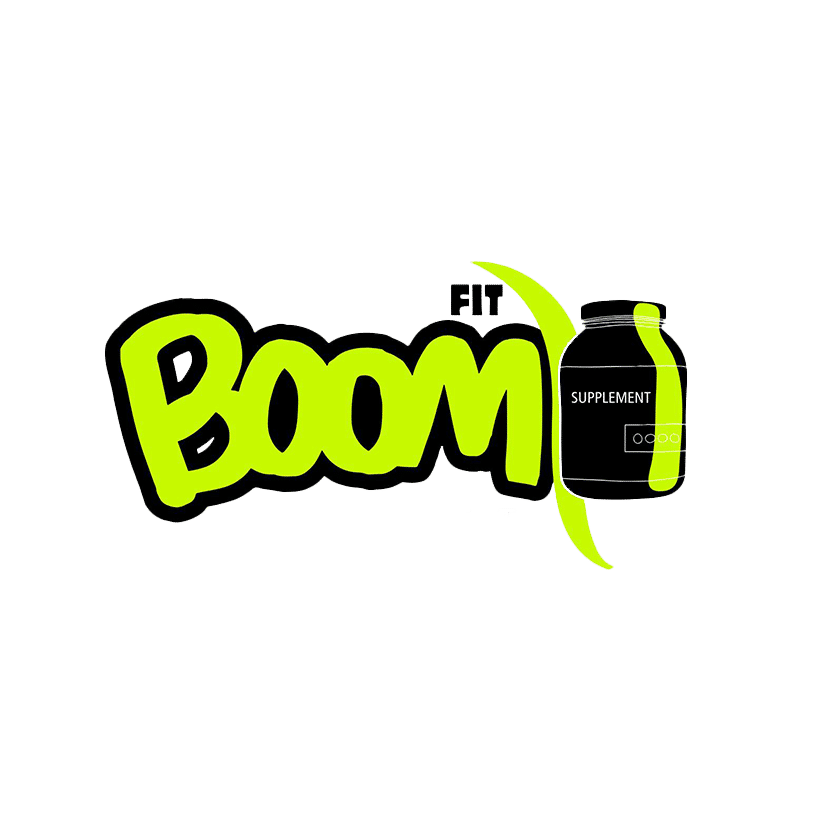🔥 Free Shipping on Orders Over 5000 EGP!
🎯 100% Authentic Supplements Guaranteed!
💥 Special Offers Weekly! Stay Tuned!
🏆 Trusted by Athletes Across Egypt!
Post-Workout Recovery: How Supplements Can Help You Bounce Back Faster

1. Introduction to Post-Workout Recovery and Its Significance
After a grueling workout session, your body doesn’t just shut off like an old computer—it sends out distress signals that scream, “I need a break!” Post-workout recovery is the art and science of helping your muscles, joints, and nervous system bounce back after strenuous physical activity. Recovery is far more than just lounging on the couch; it’s an active process that involves rehydration, nutrient replenishment, and muscle repair. When you push your body to the limit, tiny tears form in your muscle fibers. While these micro-tears are a natural part of building strength, they also require proper care to heal efficiently. Supplements can play a key role in speeding up this process by providing the necessary building blocks—like proteins, amino acids, and antioxidants—to repair and rejuvenate your muscles. In this article, we’ll explore why recovery is as important as the workout itself, how targeted supplements can support the healing process, and why investing time in recovery might just be your secret weapon for long-term gains and injury prevention.
2. Key Recovery Supplements: Protein, BCAAs, and Glutamine Benefits
When it comes to post-workout recovery, your muscles demand a cocktail of nutrients that do more than just fill your energy tank—they kickstart the repair process. Protein is the cornerstone here; it provides the amino acids needed to rebuild and strengthen muscle fibers torn during exercise. Branched-Chain Amino Acids (BCAAs) are particularly valuable because they not only assist in muscle repair but also help reduce soreness and fatigue. Glutamine, another essential amino acid, acts as a recovery catalyst, helping to regulate immune function and restore glycogen levels. Together, these supplements create a synergy that addresses both immediate energy depletion and long-term muscle health. Imagine your body as a high-performance machine; without the proper fuel and maintenance, it just won’t run smoothly. By incorporating these key supplements, you’re giving your muscles the raw materials they need to heal and grow. The science behind it is solid—studies have shown that supplementing post-workout can reduce recovery time and help maintain peak performance, ensuring you’re ready for your next session without unnecessary downtime.
3. Incorporating Recovery Supplements into Your Regimen
Knowing which supplements to take is only half the battle; how you incorporate them into your routine can make or break your recovery efforts. The first step is to establish a post-workout ritual that blends hydration, nutrition, and supplementation. Right after your workout, begin with rehydration—water or an electrolyte-rich drink should be your go-to. Then, introduce a protein shake enriched with BCAAs and glutamine. This combination acts as an immediate repair crew, working to rebuild muscle tissue and reduce inflammation. Scheduling your supplement intake is crucial: a timely dose immediately after training can harness the “anabolic window,” when your muscles are most receptive to nutrient absorption. Consistency is key—if you neglect your post-workout window, you might miss the chance to maximize muscle repair. Experiment with different recipes and timing strategies until you find what makes your body sing. In a world obsessed with shortcuts, remember that recovery is not about a quick fix but about building a sustainable regimen that supports both current performance and long-term progress.
4. Timing and Nutrition: Balancing Food and Supplements Post-Workout
The relationship between nutrition and recovery supplements is like a dynamic duo that ensures your body isn’t left high and dry after a workout. While supplements provide concentrated doses of critical nutrients, whole foods offer a spectrum of vitamins, minerals, and antioxidants that work in tandem to repair your body. Consuming a balanced meal rich in lean proteins, complex carbohydrates, and healthy fats after your workout can help restore energy levels and support muscle synthesis. Timing is paramount: many experts suggest consuming a nutrient-rich snack or shake within 30 minutes post-workout, followed by a full meal within the next two hours. This “refuel window” ensures that your muscles have immediate access to the necessary building blocks for repair. Balancing whole foods and supplements might sound like juggling flaming dumbbells at first, but once you nail the timing, you’ll notice a significant difference in your energy levels and overall recovery speed. The idea is to create a seamless transition from workout to recovery—a system where supplements fill in the nutritional gaps that whole foods sometimes can’t cover as quickly.
5. Personal Success Stories and Community Testimonials
There’s nothing like real-world validation to back up a well-crafted recovery strategy. Across gyms, online forums, and fitness communities, countless athletes have shared their personal success stories about post-workout recovery routines enriched with supplements. Many report that the introduction of a protein-BCAA-glutamine combo into their regimen not only slashed recovery time but also diminished the dreaded muscle soreness that once derailed their training schedules. Testimonials range from amateur fitness enthusiasts to professional athletes, all echoing a common sentiment: recovery supplements aren’t a magic pill, but they certainly help the healing process. Some users have even noted improved sleep quality and an overall boost in energy levels on days following an intense workout. These community insights provide a layer of credibility that goes beyond clinical studies, showcasing the everyday benefits of a disciplined recovery strategy. It’s one thing to read about scientific research, but hearing firsthand accounts from fellow lifters adds a genuine, human element to the conversation. In a nutshell, the collective wisdom of the fitness community reinforces the idea that when you invest in proper recovery, you’re setting yourself up for long-term success—both inside and outside the gym.
6. Future Trends in Recovery Supplementation and Technology
As technology evolves, so does the way we approach post-workout recovery. The future of recovery supplementation looks bright, with innovations that promise to tailor solutions even more precisely to your body’s unique needs. Imagine smart supplements that adjust their formulation based on your workout intensity or even your genetic profile—a concept that may sound like science fiction but is steadily moving toward reality. Advances in wearable tech and biometric tracking are also poised to revolutionize recovery strategies. Devices that monitor muscle oxygenation, hydration levels, and even real-time nutrient absorption are already in development. This integration of data and supplementation could create a feedback loop that ensures you receive the optimal blend of nutrients at precisely the right moment. With environmental sustainability also taking center stage, manufacturers are exploring ways to produce supplements using cleaner, greener methods without compromising quality. The next generation of recovery supplements won’t just help you bounce back faster—they’ll do so in a way that’s more personalized, efficient, and eco-friendly. It’s an exciting time to be both a fitness enthusiast and a tech buff, as innovation and recovery converge to create a smarter, more resilient future.





